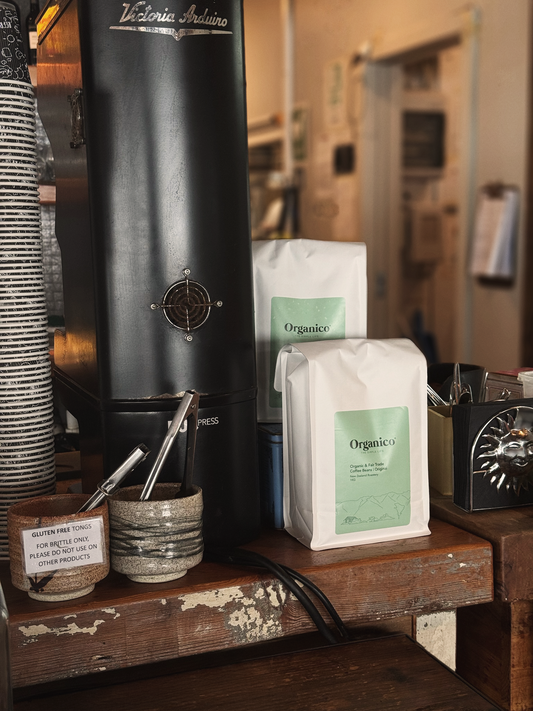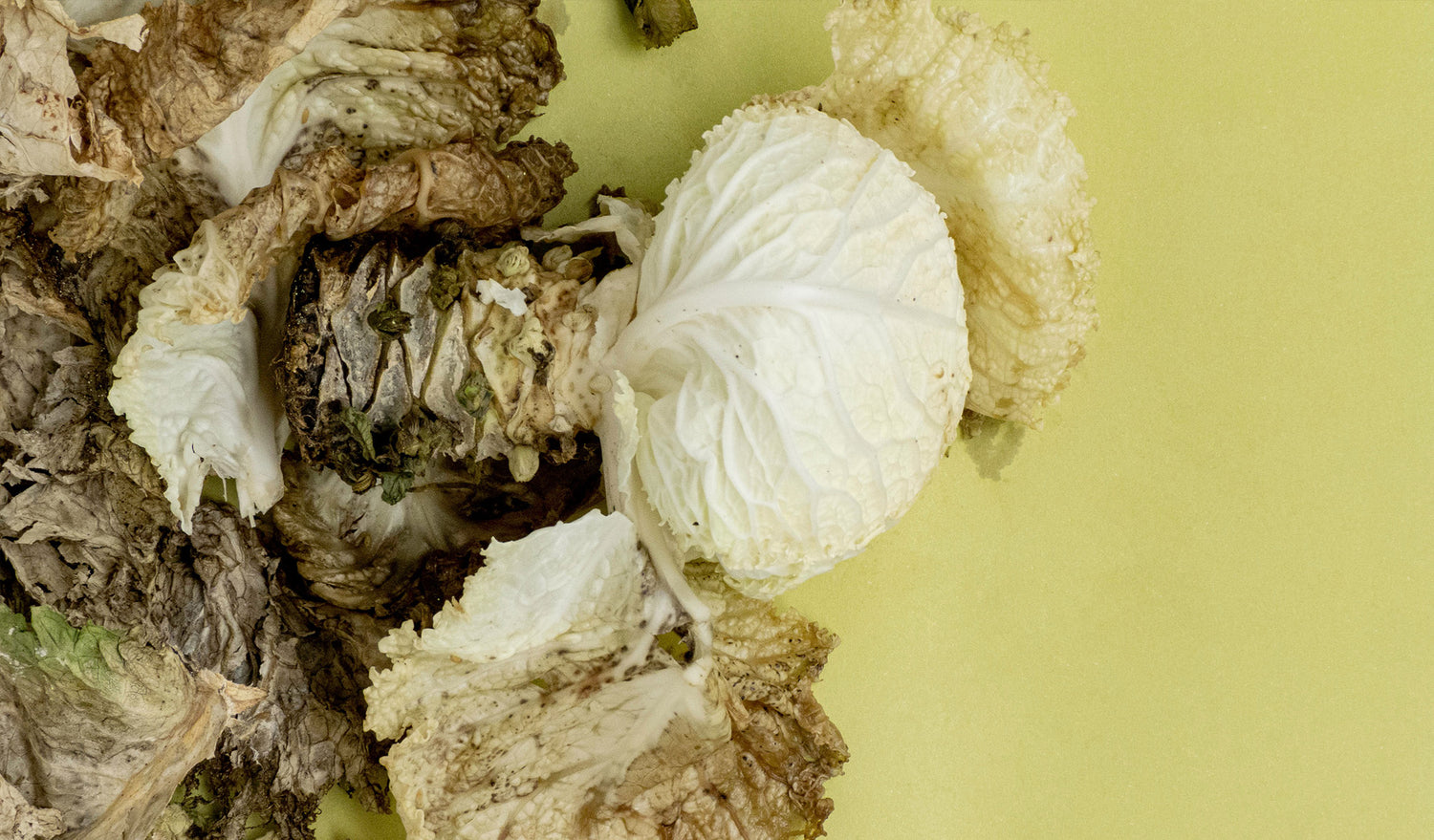In 2011, New Zealanders on average loose $131 per person on food waste. It is a serious aspect of our lives that goes unnoticed most of the time. Food is so abundant in our country, the majority of us don’t ever experience the true impact of hunger, so we don’t think twice before throwing away food that looks a little wilted, or if its past its best before date.
Our cultural expectations of aesthetics has allowed for the disposal of food with minor blemishes. Food to be the right colour and shape are todays expectations, which enables the food waste issue. The UN Food & Agricultural Organisation estimates a third of all food grown gets thrown away due to these minor imperfections. Think about when you go to the supermarket next, try to buy the wonky cucumber, or the smaller lemon. It’s minor imperfections that lead to food waste.
What makes throwing away food an even more serious issue is the consequences of wasting the vast quantities of water, fertiliser and fossil fuels used to grow, process and transport produce from the grower to consumer. Not only does food waste mean we loose the produce, but it means the resources spent on producing it could be used elsewhere more effectively.
Studies show that food waste put into land-fill and left to rot produces methane, which is a predominant greenhouse gas that contributes to climate change. Rallying against all the negative impacts of food waste is necessary for our own lives in terms of saving money, and for the greater good of our planet.

Reducing Food Waste
1. Understanding the difference between a ‘use by’ and ‘best before’ date.
‘Best before’ dates are recommendations from the manufacture for when the food is at its best quality, and doesn’t relate to when the product expires. ‘Use by’ dates are a more accurate recommendation of the time that food will go ‘off’, and is used for food that spoils quickly such as meats, fish and diary products. However with proper freezing precaution, some meats can be used past the use by date.
2. Making an ‘Eat Me First’ container in your fridge!
Putting all the fruit and vegetables that need to be eaten first in here. This is a home for those mysteriously lost products that end up in the back of your fridge, and its a great reminder to eat these before they go off.
3. Storing everything in glass jars is a great way of reducing food waste.
It encourages you to use what you have, no more hidden packets of pasta and rice at the back of your pantry.
4. Having a ‘mash-up’ of your lingering produce the day before your shopping day is a great idea to make use of what you have.
Get creative and mash all your remain veggies and leftovers in the fridge. An easy go-to is a one-pot curry.
5. Being a mindful consumer.
A bit of focus in the present will surely payoff in the future. Do some meal planning before you go for a shop to reduce the purchasing of things that may not get touched for a while. Having 4-5 go-to recipes means less random choices when at the supermarket, and you may even have some left over produce from last weeks shop!

-
Source: A Zero Waste Life in Thirty Days - Anita Vandyke


